Bringing a rabbit into your home isn’t just about cute ears and fluffy tails—it’s a big responsibility. These curious little creatures need a safe, loving environment to thrive, and knowing what they truly need can make all the difference.
Before you get swept up in their adorableness, take a moment to think about what your rabbit will really require. From proper diet to mental stimulation, there’s a lot more to bunny care than meets the eye.
Whether you’re a first-time rabbit owner or a seasoned pro, this guide is packed with the 12 essential things you must know. Ready to give your new furry friend the best home possible? Let’s hop to it!
Understand Their Social Nature

Rabbits are inherently social creatures that thrive on interaction. If you plan to bring a rabbit home, consider adopting more than one. They bond well with humans and other rabbits, alleviating loneliness.
Companionship plays a significant role in their mental health. Watching rabbits groom each other can be heartwarming. However, ensure that they are properly introduced to prevent territorial disputes.
Remember, a solitary rabbit may become bored or depressed. Engage daily with your rabbit, offering them love and attention to foster a robust relationship.
Space Requirements
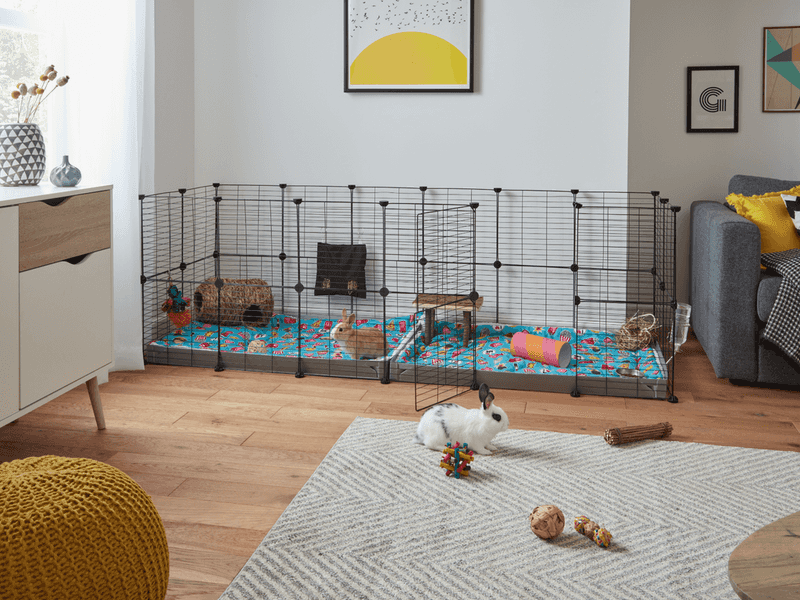
Providing ample space is crucial for a rabbit’s physical and mental health. A cramped cage isn’t suitable; think in terms of rabbit-proofed rooms or large enclosures.
Their natural behavior includes hopping and exploring, so they need room to move freely. Include hiding places and toys to enrich their environment, fostering natural behaviors.
Consider an outdoor enclosure if possible, offering a safe space for fresh air and exercise. Ensure it is predator-proof and escape-proof to keep your rabbit secure.
Proper Diet
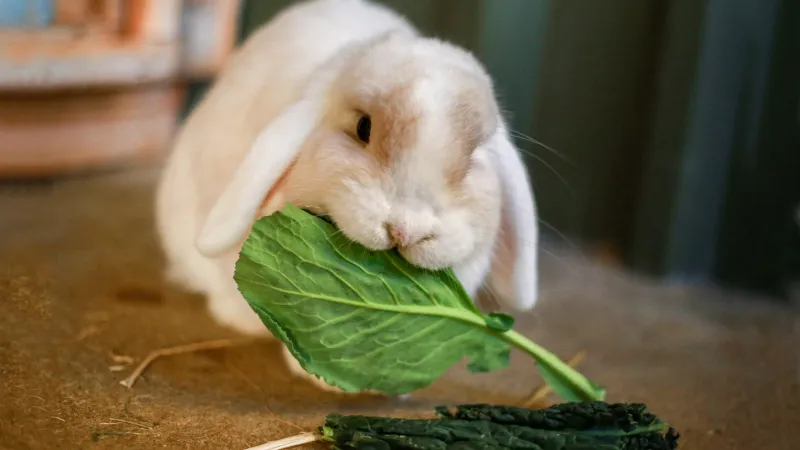
A rabbit’s diet is fundamental to their health. Hay should comprise the majority, promoting healthy digestion. Fresh vegetables provide essential nutrients and variety.
Introduce new foods gradually to avoid upsetting their stomach. Clean, fresh water must be available at all times. Avoid high-sugar treats; they can lead to obesity and dental issues.
Consult with a vet to tailor a diet that suits your rabbit’s specific needs. Understanding their dietary requirements can prevent health problems and ensure a long, happy life.
Regular Health Checks
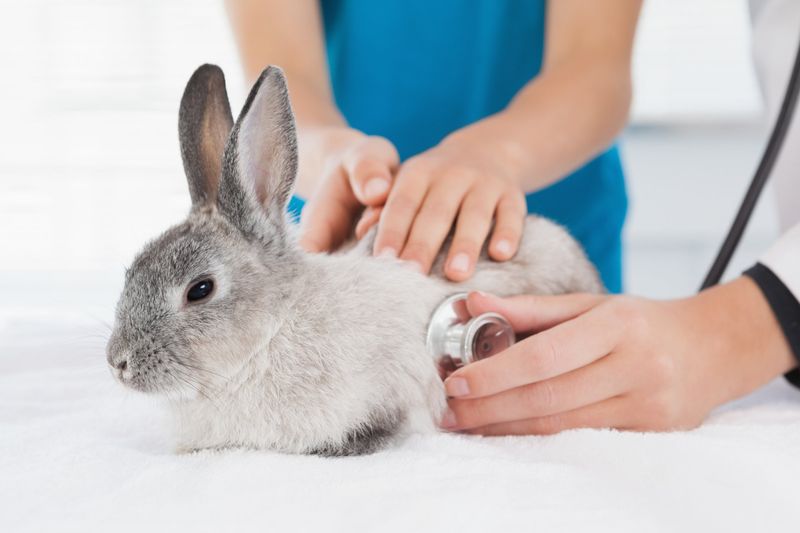
Routine veterinary visits are essential. Rabbits are prey animals and often hide symptoms of illness. Regular health checks can catch issues early, preventing serious conditions.
Vaccinations may be necessary depending on your region. Discuss with your vet about spaying or neutering, which can prevent unwanted behaviors and health problems.
Monitoring your rabbit’s weight, appetite, and energy levels can offer insight into their health. Quick intervention can make a significant difference in their well-being.
Grooming Needs
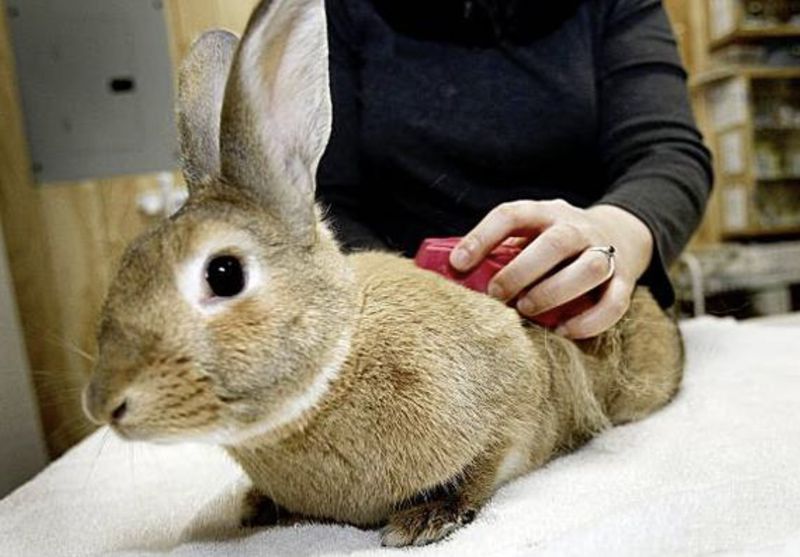
Grooming is more than aesthetics; it’s vital for your rabbit’s health. Regular brushing prevents matting and reduces hair ingestion during grooming.
Certain breeds, like Angoras, require more frequent grooming. Pay attention to their nails and teeth, trimming when necessary. Long nails can cause discomfort, while teeth should be checked for overgrowth.
Initiating grooming sessions can strengthen your bond. Approach with patience, making it a pleasant experience for your rabbit, ensuring they associate grooming with care and affection.
Litter Training
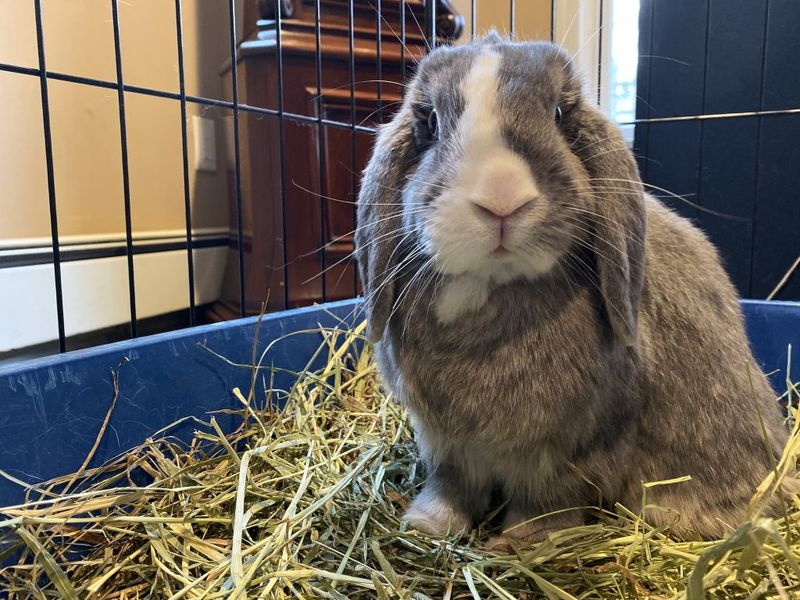
Litter training rabbits is achievable and beneficial. It keeps their living space clean and simplifies maintenance. Start by placing a litter box in their favorite corner.
Use rabbit-safe litter, avoiding clumping or clay types. Encouraging them with treats when they use the box reinforces good behavior.
Patience is key; some rabbits take longer to train. Consistency and positive reinforcement often lead to successful litter habits, making cohabitation enjoyable for both you and your furry friend.
Understanding Rabbit Behavior

Rabbits communicate through body language and behavior. Learning their signals is key to a happy relationship. Notice how they thump to warn of danger or perform a joyful binky.
Ears, eyes, and posture reveal their mood. Understanding these cues helps you respond appropriately, fostering trust.
Providing toys and playtime alleviates boredom and encourages natural behaviors. Encourage exploration and curiosity, supporting their emotional and physical well-being.
Safety and Rabbit-Proofing
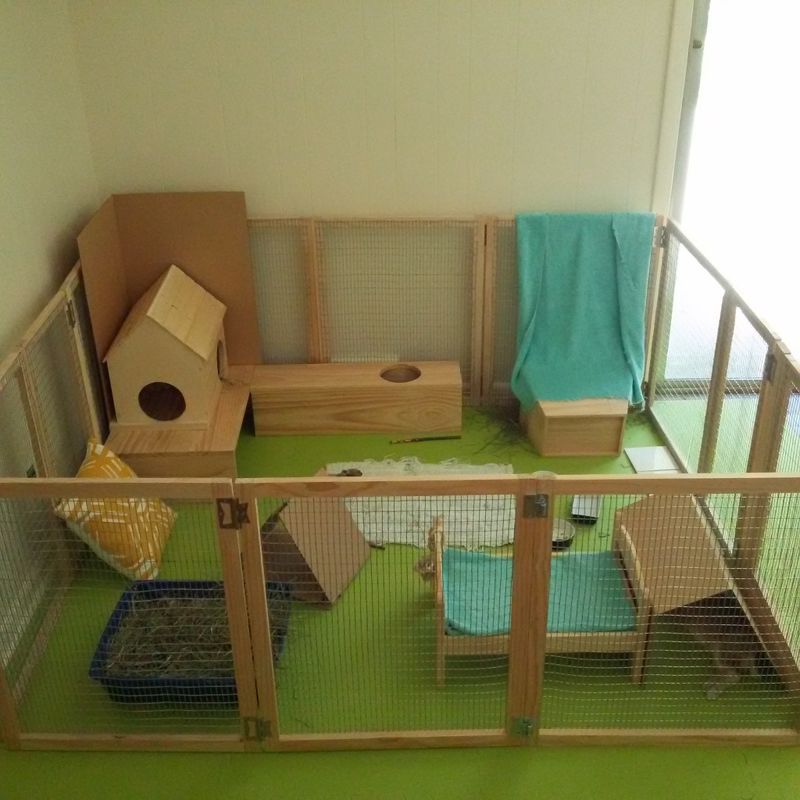
Rabbit-proofing your home is essential. These curious creatures love to chew, making wires and furniture tempting targets.
Cover electrical cords and ensure no toxic plants are within reach. Block small spaces where they might get stuck.
Creating a safe environment allows your rabbit to roam without risk. Supervision during playtime prevents accidents and keeps your rabbit engaged and safe.
Recognizing Health Issues
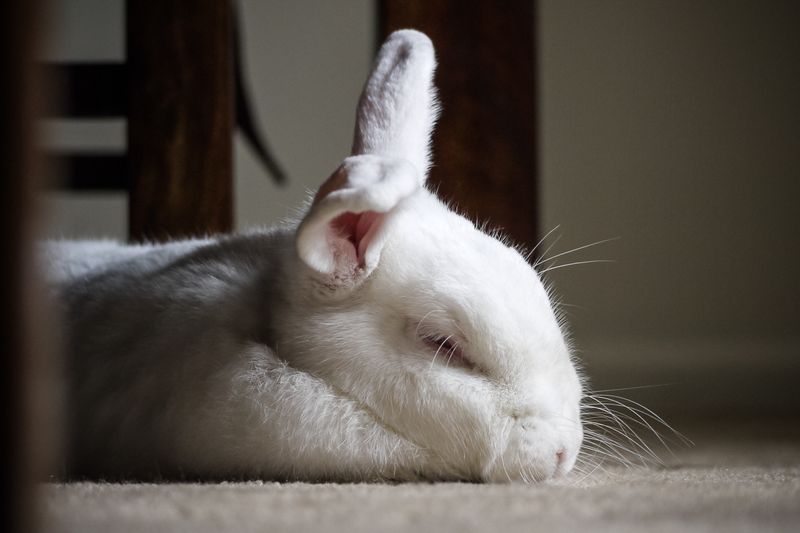
Knowing signs of illness can save your rabbit’s life. Look for changes in eating habits, droppings, or behavior. Increased hiding or aggression might indicate pain.
Dental problems are common; check for drooling or difficulty eating. Digestive issues require immediate attention, as they can escalate quickly.
Regular check-ups and a keen eye can catch health problems early. Prompt veterinary care ensures your rabbit remains healthy and happy.
Exercise Needs
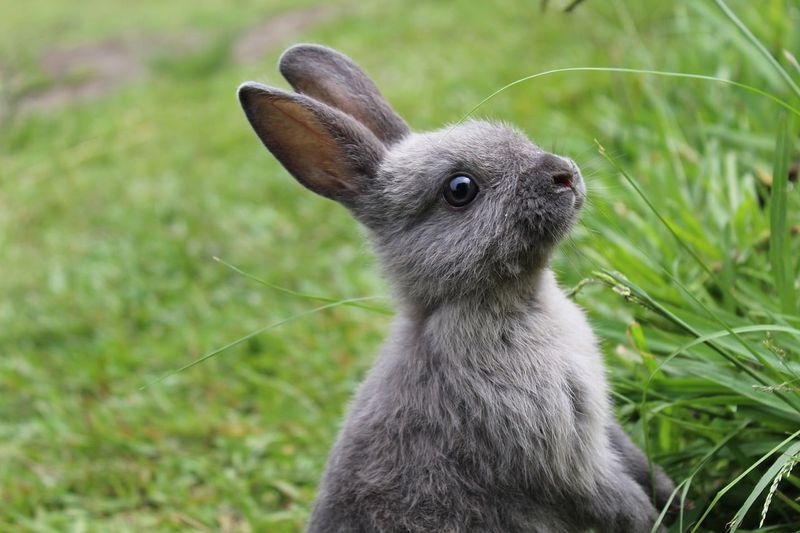
Exercise is vital for a rabbit’s physical and mental health. Regular activity prevents obesity and stimulates their mind.
Provide safe spaces for running and exploring, both indoors and outdoors. Interactive toys and tunnels encourage exercise through play.
Supervised outdoor time offers fresh air and new stimuli. Meeting their exercise needs ensures a well-balanced, content rabbit.
Bonding with Your Rabbit
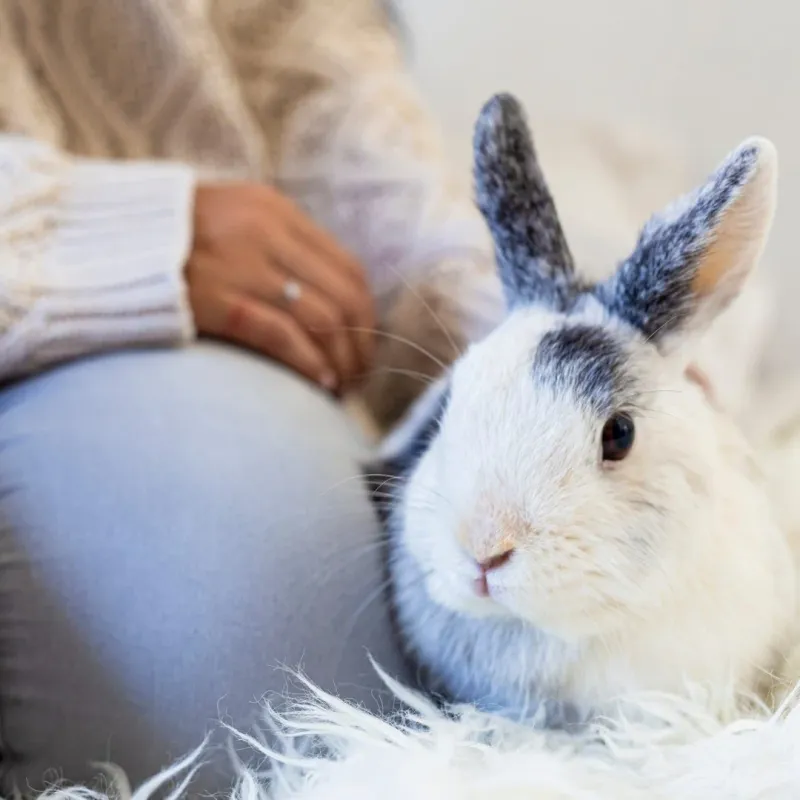
Building a bond requires time and patience. Approach your rabbit calmly, allowing them to come to you. Offer treats and gentle petting to build trust.
Respect their boundaries; forcing interaction can cause stress. Slowly increase your interaction time, making each experience positive.
Engaging in play and grooming sessions strengthens your connection. Creating a safe and loving environment fosters a deep bond, enriching both your lives.
Importance of Enrichment
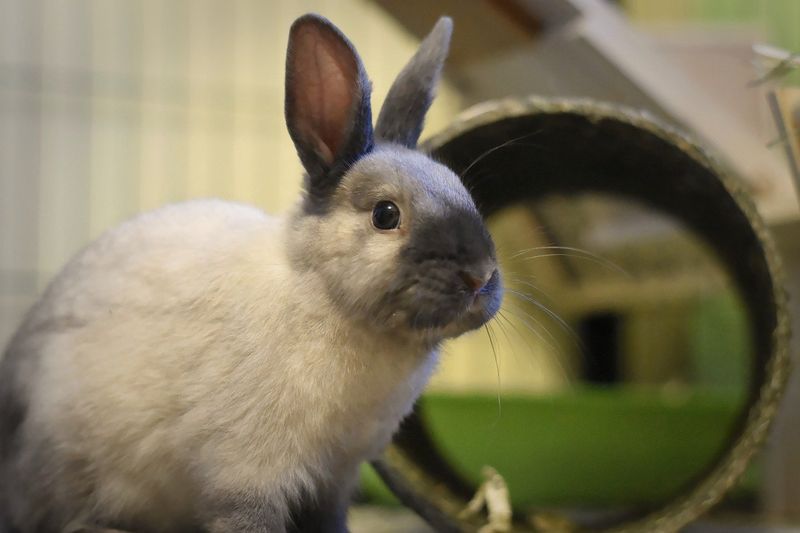
Enrichment is crucial for a rabbit’s well-being. Toys, tunnels, and chewable items provide mental stimulation and prevent boredom.
Rotate toys regularly to maintain interest, encouraging exploration and play. Provide challenges that mimic natural behaviors, like digging or foraging.
Enrichment activities not only entertain but also support mental health, reducing stress and destructive behaviors. A stimulating environment leads to a happy, fulfilled rabbit.

